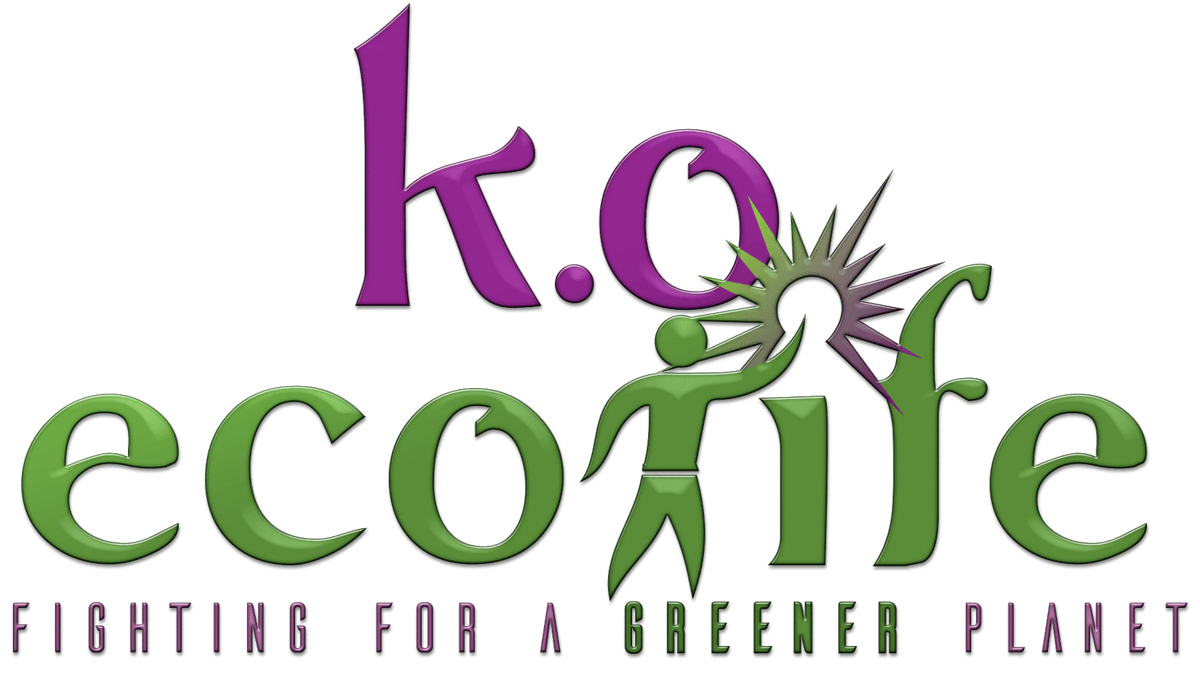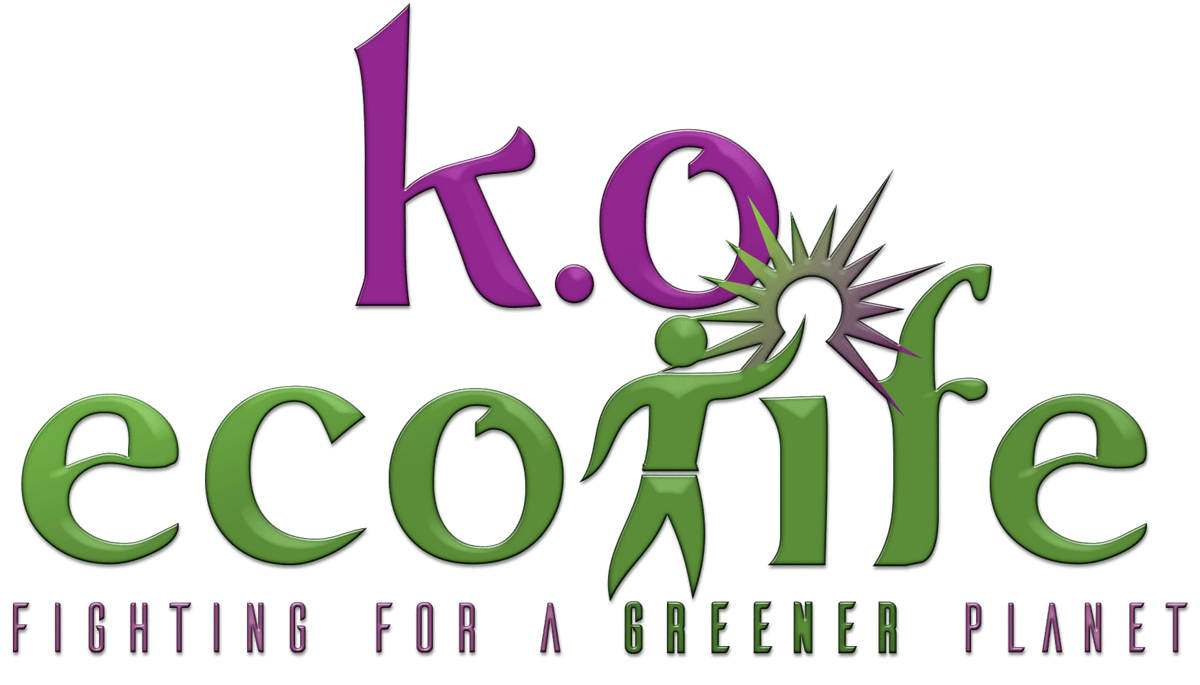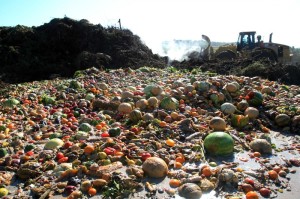‘THE DIRTY DOZEN’ – TOP 12 MOST TOXIC PRODUCE
Have you ever wondered, “Does buying organic REALLY matter?” With prices sometimes two to three times what you pay for non organic, it can be hard to appreciate the benefits of “going organic”. However, the potential health risks of conventional (and proven benefits of organic!) produce are staggering.
An international team of experts led by Newcastle University discovered that heavy metals such as cadmium, lead, and mercury are 50% lower and antioxidants are nearly 70% higher in organic crops (than conventionally grown), according to a study published in the July 2014 British Journal of Nutrition. Pesticide and herbicide residue exposure has been linked to disrupted brain development, cancer, and reproductive system damage.
These residues cannot be completely washed off and some (like potatoes) are root vegetables that are completely saturated with harmful toxins in the ‘seed’ of the plant. Additionally, 65% of the approximate 32,000 produce samples analyzed by the U.S. Department of Agriculture (USDA) and Federal Drug Administration (FDA) each year, test positive for pesticide residues. When ingested by our kids who are not fully developed, the dangers are further magnified. The American Academy of Pediatrics issued a report in 2012 stating that children have “unique susceptibilities to [pesticide residue] potential toxicity. The AAP cited research that linked pesticide exposure in early life to “pediatric cancers, decreased cognitive function, and behavioral problems.”
The cost becomes a non-factor when considering your kid’s health, right? Okay, so cost can still be an issue – Before you stop feeding your family fruits and veggies completely, we’ve discovered a list, compiled by Environmental Working Group (EWG), of the worst offenders (The Dirty Dozen) and why. Thankfully, they have also assembled a Clean 15 fruit and vegetable list of the lowest in pesticides. A convenient wallet-sized card can be downloaded of both the Dirty Dozen and Clean 15 here (with a $10 donation to EWG).
The ‘DIRTY DOZEN’ – Most Toxic
1. Apples
 In addition to pesticides, a growth regulator and antioxidant known as diphenylamine (DPA) is applied after harvest to most conventionally grown apples to prevent discoloration during months of storage. The European Food Safety Authority (EFSA) banned DPA in 2012 for its harmful effects on the brain and link to cancer development yet surprisingly, the US FDA continues to allow its use.
In addition to pesticides, a growth regulator and antioxidant known as diphenylamine (DPA) is applied after harvest to most conventionally grown apples to prevent discoloration during months of storage. The European Food Safety Authority (EFSA) banned DPA in 2012 for its harmful effects on the brain and link to cancer development yet surprisingly, the US FDA continues to allow its use.
2. Celery
Samples consistently show over 50 different pesticides and celery has ranked near the top for several years reported EWG based on sample testing by the USDA Pesticide Data Program (PDP).
3. Cherry Tomatoes
 Another pesticide rich crop with 69 different pesticides detected. Its thin skin and small size allows quick and easy absorption and higher levels of toxins according to results from the USDA PDP.
Another pesticide rich crop with 69 different pesticides detected. Its thin skin and small size allows quick and easy absorption and higher levels of toxins according to results from the USDA PDP.
4. Cucumbers
Consistently high in pesticide residue, cucumbers easily soak up the chemicals in spray pesticides and soil that was treated within the last 100 years. The most recent PDP testing in 2010, as reported by What’s On My Food?, show that cucumbers contain over 80 different residues with a portion deemed as “highly toxic”.
5. Grapes
 A single grape sample was found to contain 15 pesticides according to EWG’s testing. Prone to insect consumption, grapes are continuously sprayed with insecticide and absorb these chemicals easily.
A single grape sample was found to contain 15 pesticides according to EWG’s testing. Prone to insect consumption, grapes are continuously sprayed with insecticide and absorb these chemicals easily.
6. Nectarines (I)
EVERY sample of imported nectarines tested positive for at least one pesticide residue according to EWG’s findings.
7. Peaches
Their thin skin makes peaches susceptible to pesticide absorption resulting in some of the highest concentrations of toxins.
8. Potatoes
The average potato has more pesticides by weight than any other produce tested based on EWG’s results. Conventionally grown potatoes have ten times the toxins of organically grown! As a root vegetable, potatoes are completely saturated with harmful toxins as a ‘seed’ and routinely exposed to fungicides and pesticides which are easily absorbed through the thin skin to the meat of the potato. You’ll never look at those fries the same again!!
9. Snap Peas (I)
 Another pesticide rich vegetable with 13 various pesticides detected in every sample tested of imported snap peas.
Another pesticide rich vegetable with 13 various pesticides detected in every sample tested of imported snap peas.
10. Spinach/Kale & Greens
According to EWG’s 2014 findings, leafy green vegetables are frequently contaminated with insecticides that are toxic to the human nervous system. Even frozen and canned varieties showed dangerous levels of toxins.
11. Strawberries
A frequent offender with 45 different pesticides noted during sample testing. Prone to fungi attacks, these plants are frequently sprayed with fungicide. Studies also show that the antioxidant benefits of strawberries are 19% higher in organically grown versus conventional strawberries. Fourth best fruit in terms of antioxidant levels after blackberries, cranberries, and raspberries according to the recently published, Newcastle University study.
12. Sweet Bell Peppers

Found to carry some of the highest levels of pesticides according to the USDA Pesticide Data Program, bell peppers are known to be exposed to 50 pesticides and absorb these pesticides easily through their thin skin.
The ‘CLEAN 15’ – Lowest in Pesticides
Save your wallet as these are okay to buy as non organic produce but please remember to wash all fruit and vegetables before consuming!
1. Asparagus
2. Avocado
3. Cabbage
4. Cantaloupe(D)
5. Cauliflower
6. Eggplant
7. Grapefruit
8. Kiwi
9. Mangos
10. Onions
11. Papayas
12. Pineapples
13. Sweet Corn
14. Sweet Peas
15. Sweet Potatoes
(D) domestic (I) imported
Canned, dried, and frozen produce often have lower residue levels due to diligent washing and peeling prior to processing but the best nutritional value comes from fresh fruit and vegetables.
By following the EWG’s recommendations, we can lower are toxic exposure and still have a little cash left over for a dinner out – at an all organic, ‘farm to table’ restaurant of course! Well, do your best…
*Hey, let’s work together in fighting for a greener planet! Sign up at www.koecolife.com and receive valuable coupons, tips, & product updates. Be sure to follow us on Facebook and twitter for our latest news and events too.





